
Visa and entry requirements Vatican City:
Passport not required
No visa is required
Information from the Foreign Office about your Vatican City trip:
http://www.auswaertiges-amt.de/DE/Laenderinformationen/00-SiHi/ItalienSicherheit.html?nn=332636?nnm=332636
The Vatican City State, also known as the Vatican or Vatican City, is the smallest generally recognized state in the world and the last state with the official language of Latin. The city-state is an enclave in Italy, within the urban area of Rome. It has an area of 0.44 square kilometers and, with around 900 inhabitants, is also the state with the fewest inhabitants in the world.
The territory of the Vatican City includes, among others, St. Peter's Basilica, St. Peter's Square, the Vatican Museums, the Sistine Chapel and the palaces and gardens within the Vatican walls. There are a total of 100 fountains in Vatican City, the most famous of which is the historic Galley Fountain.
The Vatican is an elective monarchy and is led by the Pope, the monarch. This monarch is elected exclusively by the cardinals and can only leave office through his death or resignation. The Vatican City State is represented at the international level by the Holy See.
The dwarf state is located in Rome on the west side of the Tiber River. The highest point in the country is the Vatican Hill, which is surrounded in some places by the city walls.
However, the Vatican Gardens make up the largest part of the Vatican's territory.
Citizenship of the Vatican City is only granted for a limited period of time; any other second citizenship is retained. This citizenship is constantly linked to a specific function in the state, which is why all diplomats of the Holy See and cardinals working in the Vatican have one. With 100%, the Vatican City has the highest proportion of Catholics in the world.
The Pope is the head of state of the Vatican and has unrestricted power over the Basic Law, making Vatican City the last absolute monarchy in Europe.
The Vatican's economy lives mainly from the income from businesses within the national territory, including several gas stations, a supermarket, various souvenir stands, the pharmacy, a boutique, a pizzeria, two cafes, a self-service restaurant, as well as rental income from its 2,500 properties outside the Vatican Vatican State. Additional revenue is generated through donations and entrance fees, with the Vatican receiving annual donations of almost 100 million euros. In addition, the state owns valuable art treasures, significant gold reserves and expensive real estate.
The country's official currency is the euro, although the Vatican is not part of the European Union. Public advertising is prohibited throughout the country and there is no sales tax there.
Many years ago I visited the Vatican during my city trip to Rome. I was very surprised at the size of St. Peter's Square and St. Peter's Basilica. St. Peter's Basilica looks even more impressive from the inside than it actually is. In any case, visiting Vatican City is a unique experience.
After I had seen the entire Vatican in just a few hours, I went back to tranquil Rome.

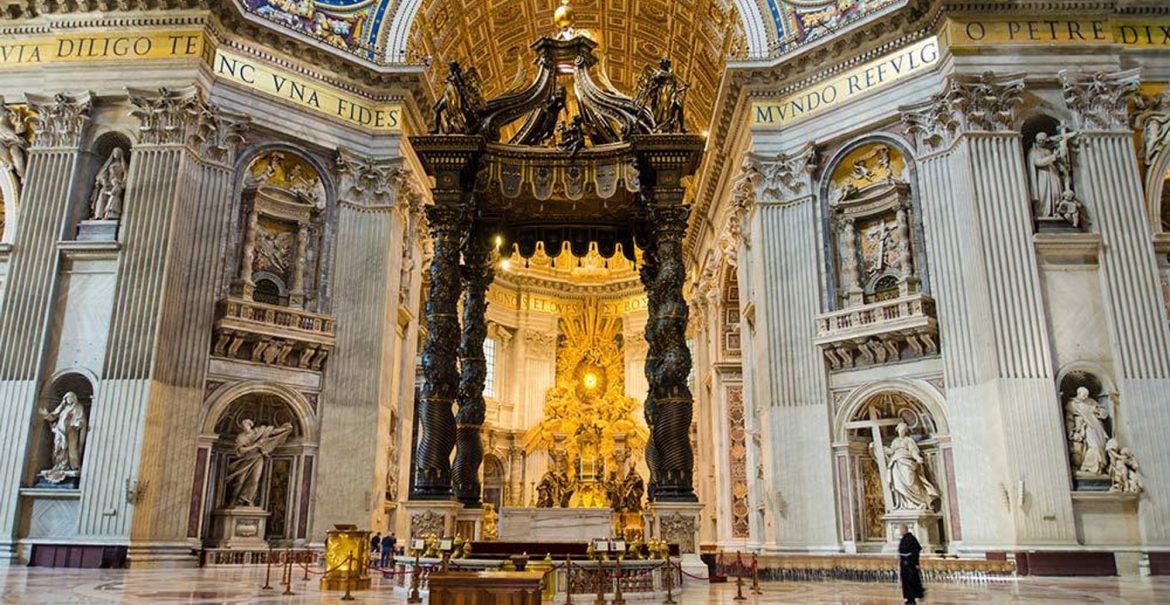
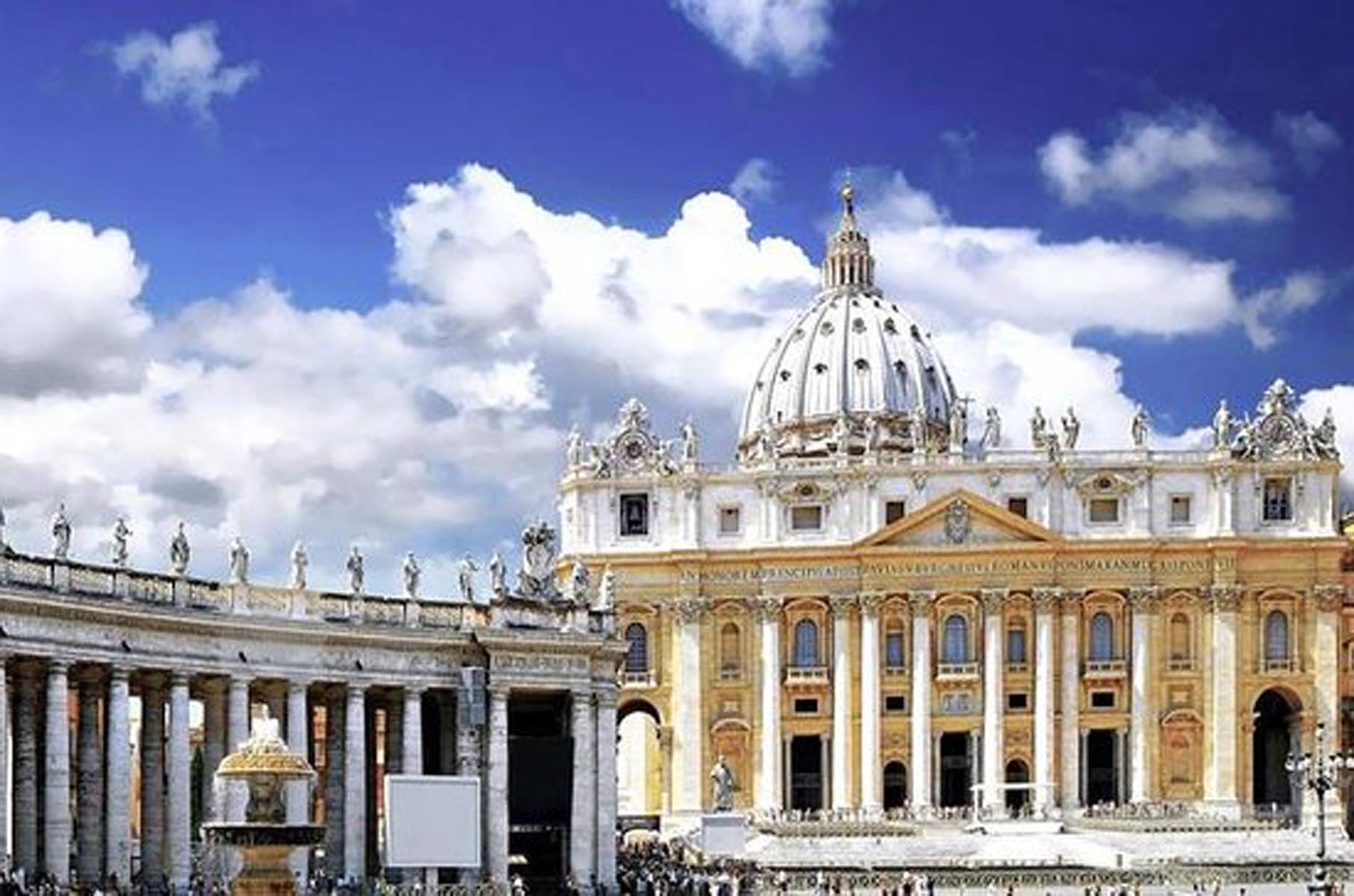
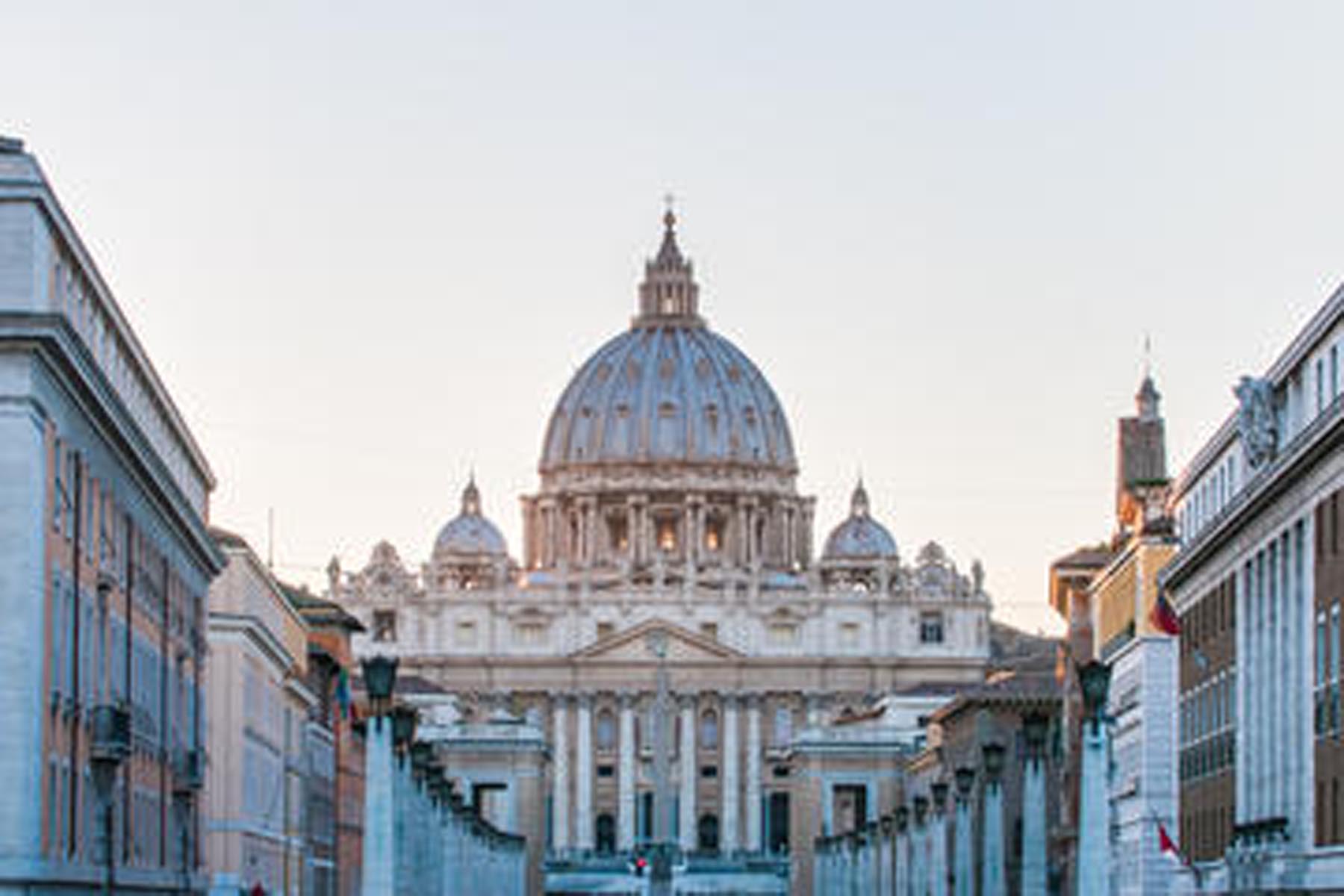
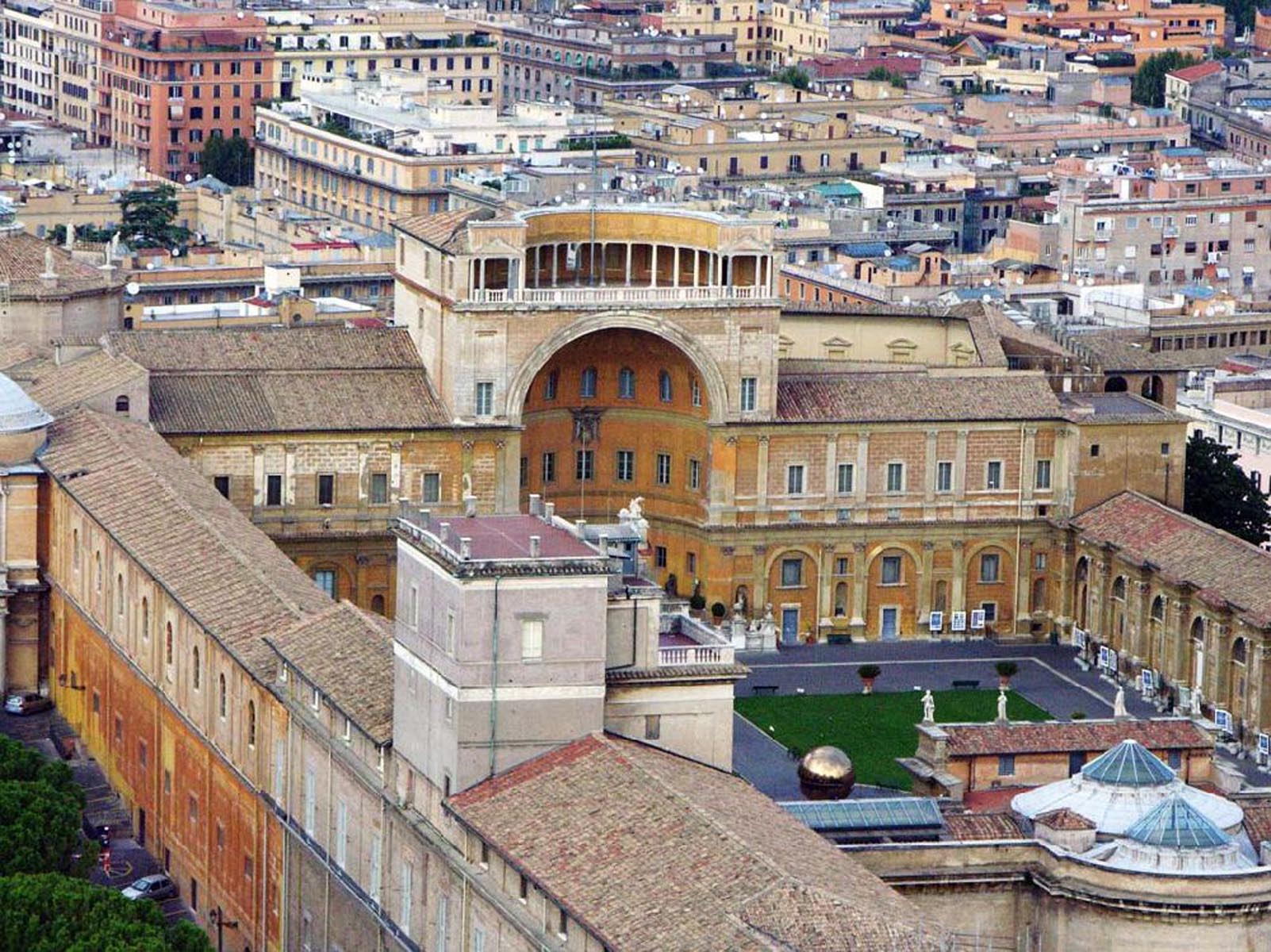
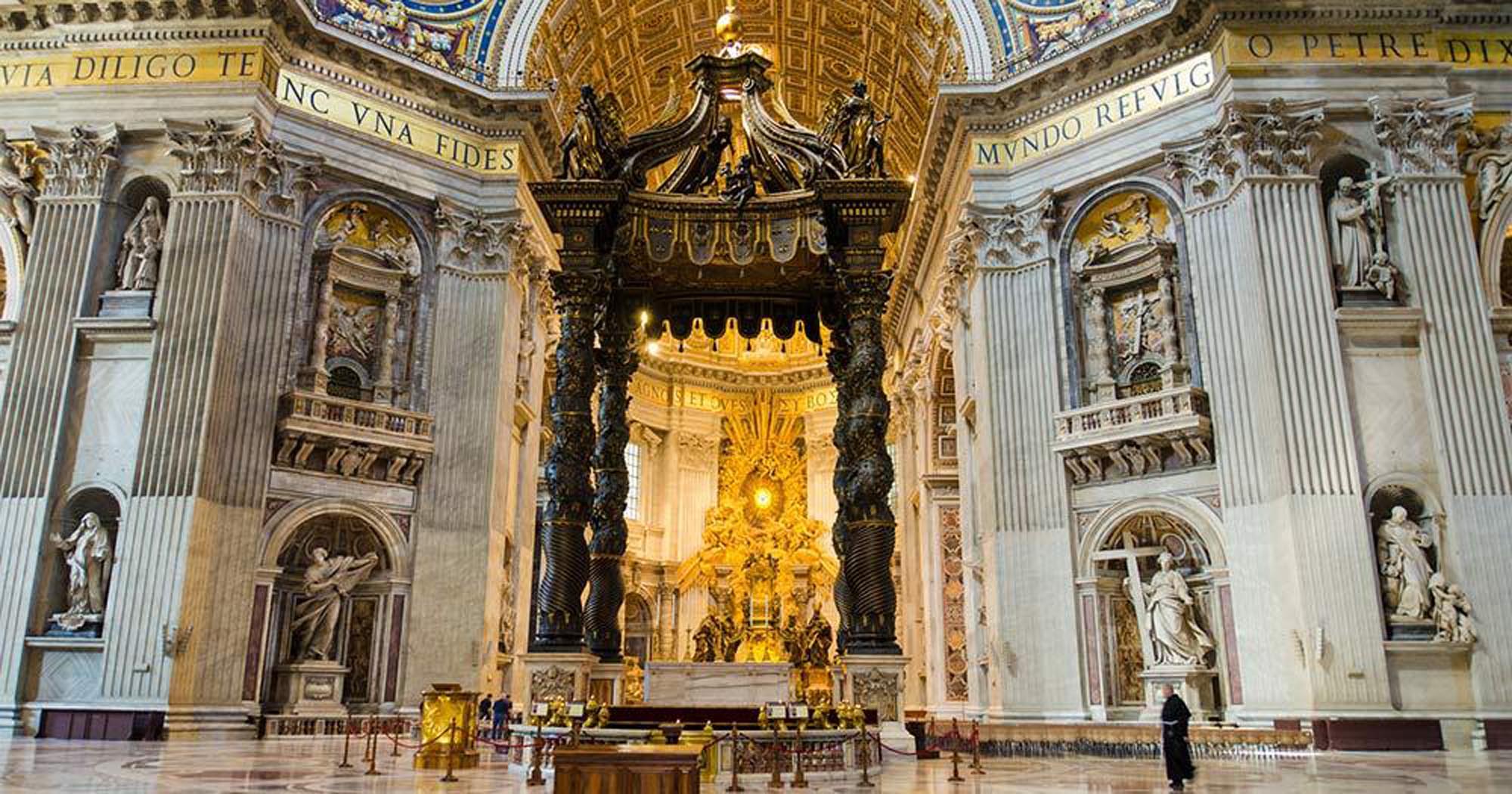
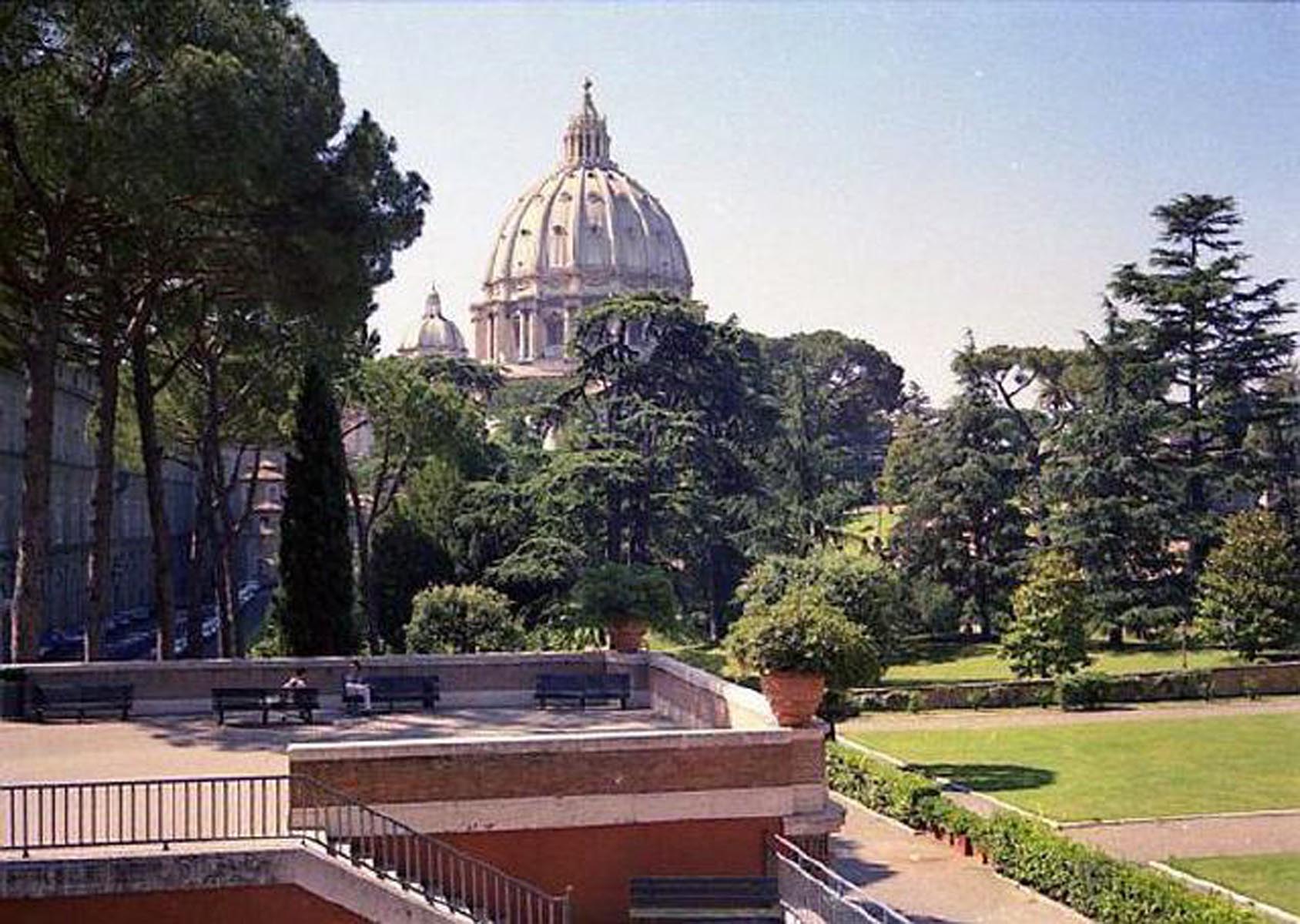
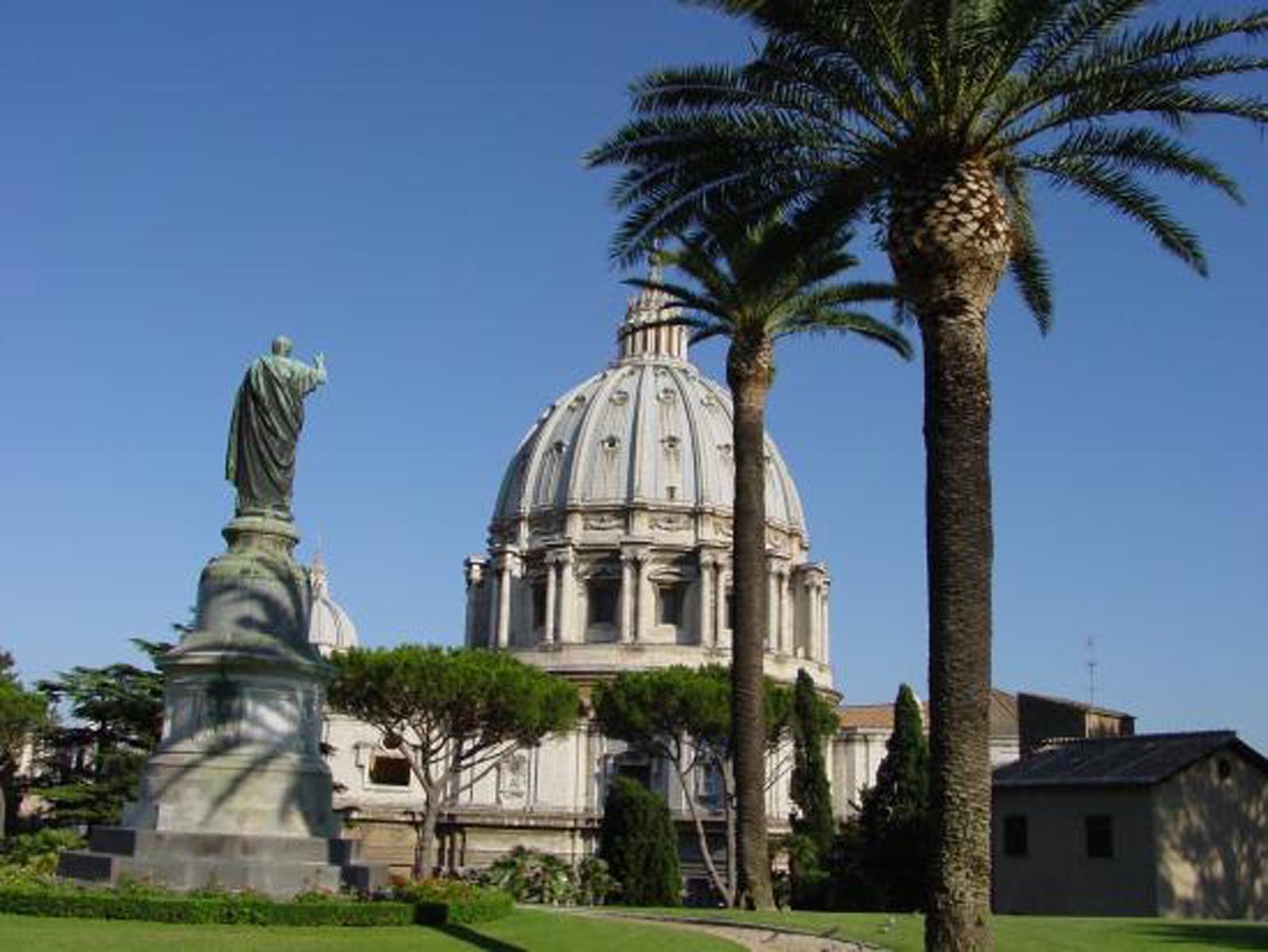
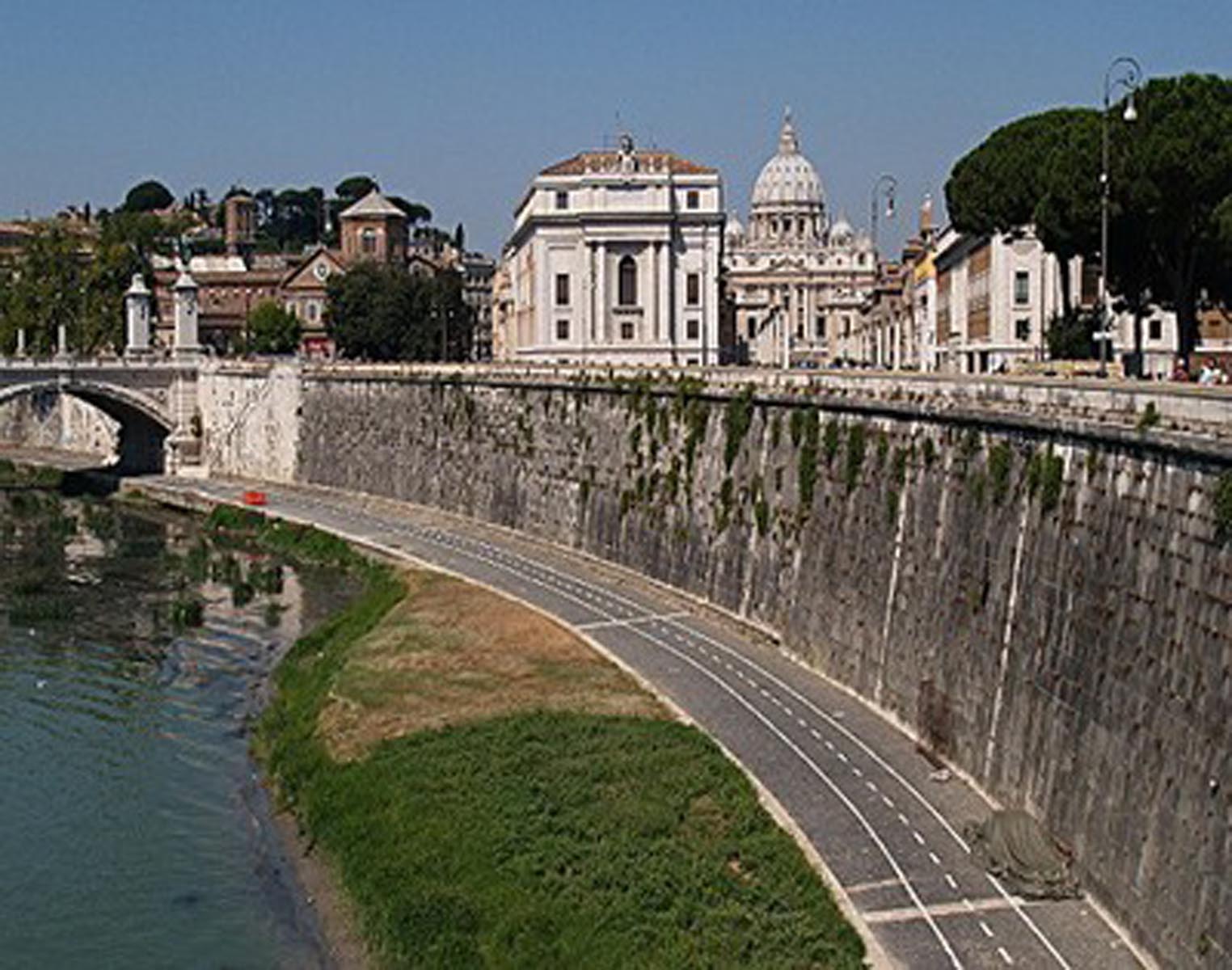
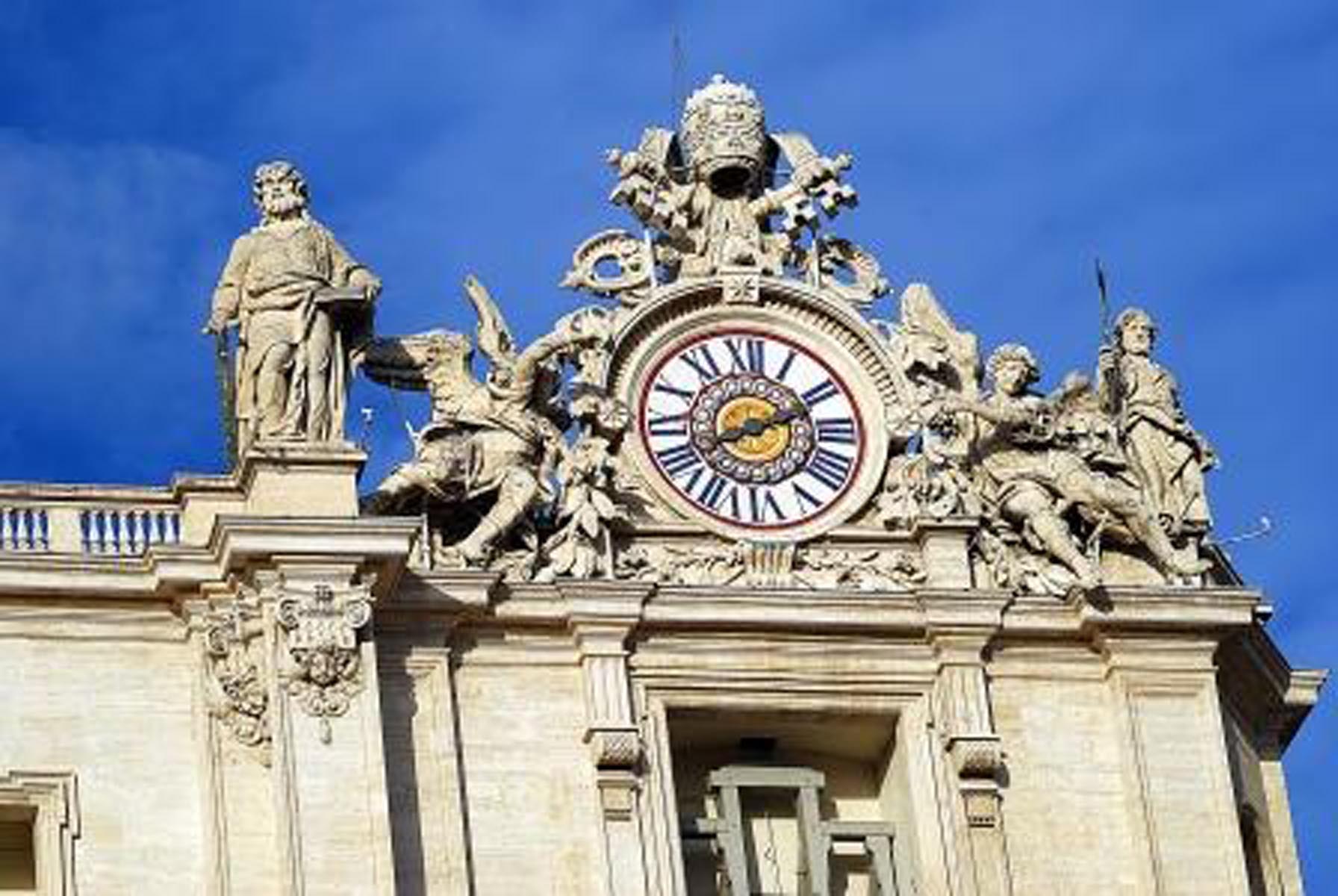
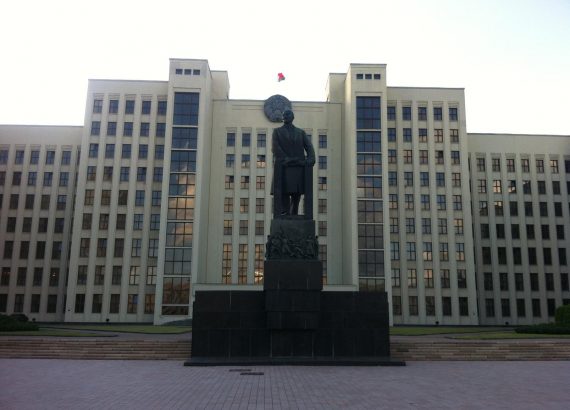
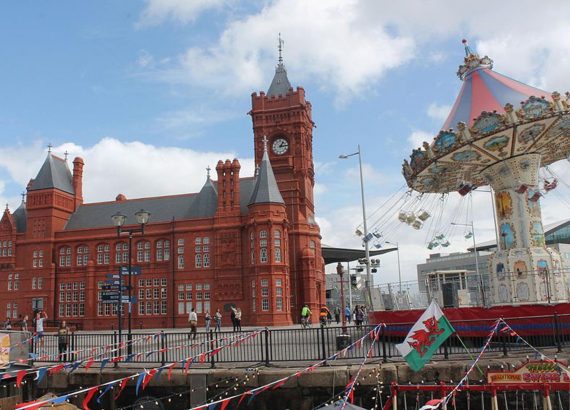
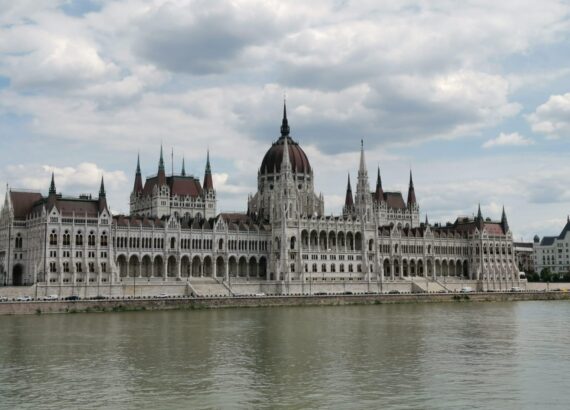
No Comments